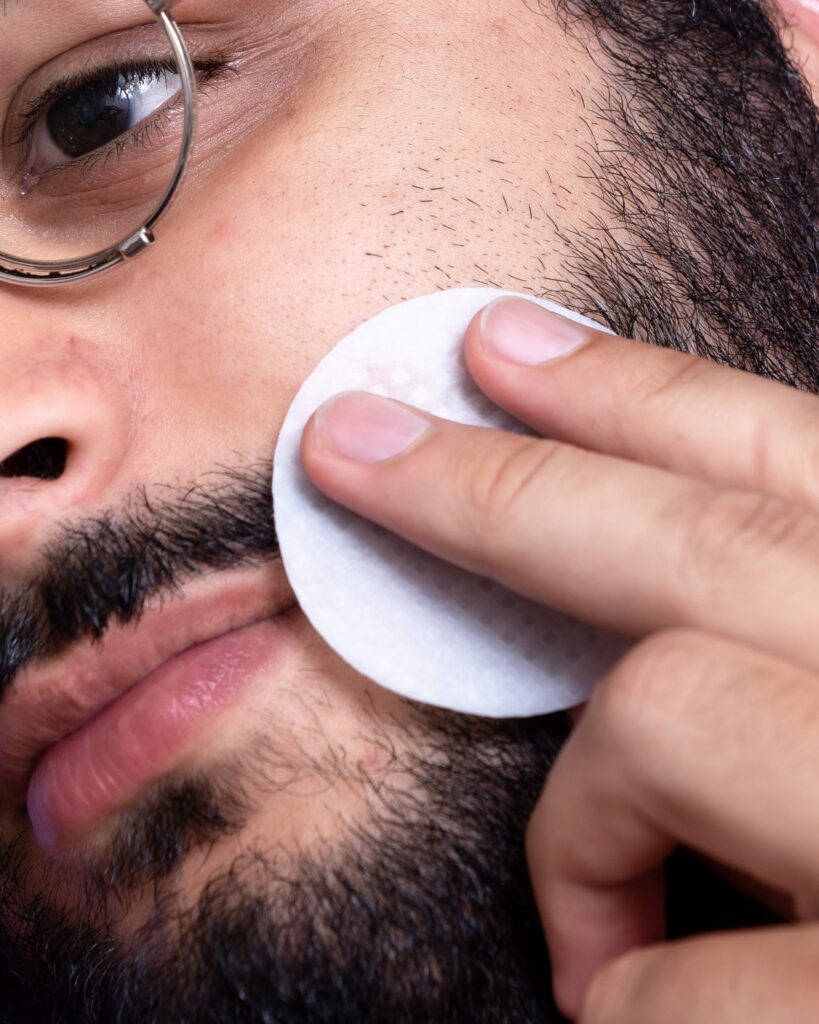Skin problems are not just about acne and pimples! They are very common. Sometimes some skin problems may seem small, but they are big enough. It could be a changing mole or a new mole on your skin. To visit a dermatologist is must, so that it can examine these conditions.
If you do not have a dermatologist by your side, you should get in touch with one. Some aspects of life seem to change when you grow up and grow old, but unfortunately, your skin is not one. Some life changing situations, such as trauma or pregnancy, can lead to acne and scars.
While some skin problems will only irritate and go away in a few days or weeks, some may be extremely dangerous. It may come as a surprise, but dermatologists can potentially save lives by detecting and treating severe skin disorders, such as Immuno-bullous disorders, Erythroderma, skin cancers – Melanoma.

Uneven rashes, swelling, pain, redness, severe itching that unexpectedly appears are some signs that you need to visit a dermatologist. It can be an allergy, an infection and an eczema, and some other serious skin disorder.
You might be wondering what symptoms you need to see in your skin to visit a dermatologist. I have done the homework for you. Here are some critical signs that signal you to see a dermatologist.
When to visit a dermatologist?
Let’s discuss some important warning signs that you should always check to help you find out if you need to make an appointment with your dermatologist.

- A skin mole or patch that changes: If the skin mole or patch changes in color, size, shape or symptoms, a dermatologist needs to be seen. Changes like this are also symptoms of skin cancer, and you want to be treated sooner rather than later when it comes to cancer. Your dermatologist will also help you learn how to screen or check your skin regularly.
- Stubborn acne: You have tried over-the-counter medications, diets, and cleansing, but your acne is still there. A dermatologist can treat this skin condition.
- Continuous Itchy hives or rashes: Do you have an allergic reaction? Or you have a skin infection? Please see the dermatologist to checkout. You may prescribe medicine or recommend a different way to treat things smoothly.
- Bruises, blemishes or Acne scars -If your scar appears less than desirable, you may visit a dermatologist. Medical techniques such as microdermabrasion, laser therapy, and other treatments may minimise scarring.
- You start sweating excessively: Sweating is a natural process in humans. In this way, the body cools down and eliminates toxins. It usually happens, however, at times, the amount of sweat you create can be excessive. If you like sweating more than usual, you should contact your dermatologist immediately.
- Excessive sweating may be a sign that Hyperhidrosis is a more severe disorder. Excessive sweating can also be a by-product of diabetes or thyroid problems. Your dermatologist will help you identify the real problem and find out the appropriate treatment for it.
- You have got a consistent rash: Rashes are usually irritating than serious. Most rashes are caused by allergies or other irritants and can disappear on their own. However, if you have a rash that refuses to go and covers your entire body, it may be a more serious infection. Check out your dermatologist to find the cause of your rash; they will give you a more accurate diagnosis.
- Fungus Infection, Ingrown nails, Nail diseases, or other conditions: Whether you are being treated for a fungal infection or an ingrown nail, or something else, it is a good idea to visit a dermatologist. Nails may have symptoms of other problems of the body, such as liver disease, heart disease, anaemia, or diabetes.
- Brown spots:While any brown spots you have may be due to sun damage or ageing, these spots are also a sign of hormonal imbalance. Many women notice the darkening of the skin around their mouths and noses from time to time, but if the tone begins to darken further, it is an indication that you need to have a visit to your dermatologist. The dermatologist will tell you what to do and, if deemed necessary, will recommend bleaching products, or laser treatment options.
- Hair Loss: Did you find more hair than usual on your pillow in the morning? You may have a scalp issue, or you might want some preventive treatment before your hair loss has a significant effect on your life. Your dermatologist may prescribe laser therapy or other treatments to make sure you look the best.

Visit a dermatologist whenever you are in doubt.
Your skin is a complex body that needs real expertise, special attention, and delicate care to manage any problem. If you have a toothache, you visit the dentist. You visit your physician when you have a cold. So, Why do not you see a dermatologist if you have skin problems?